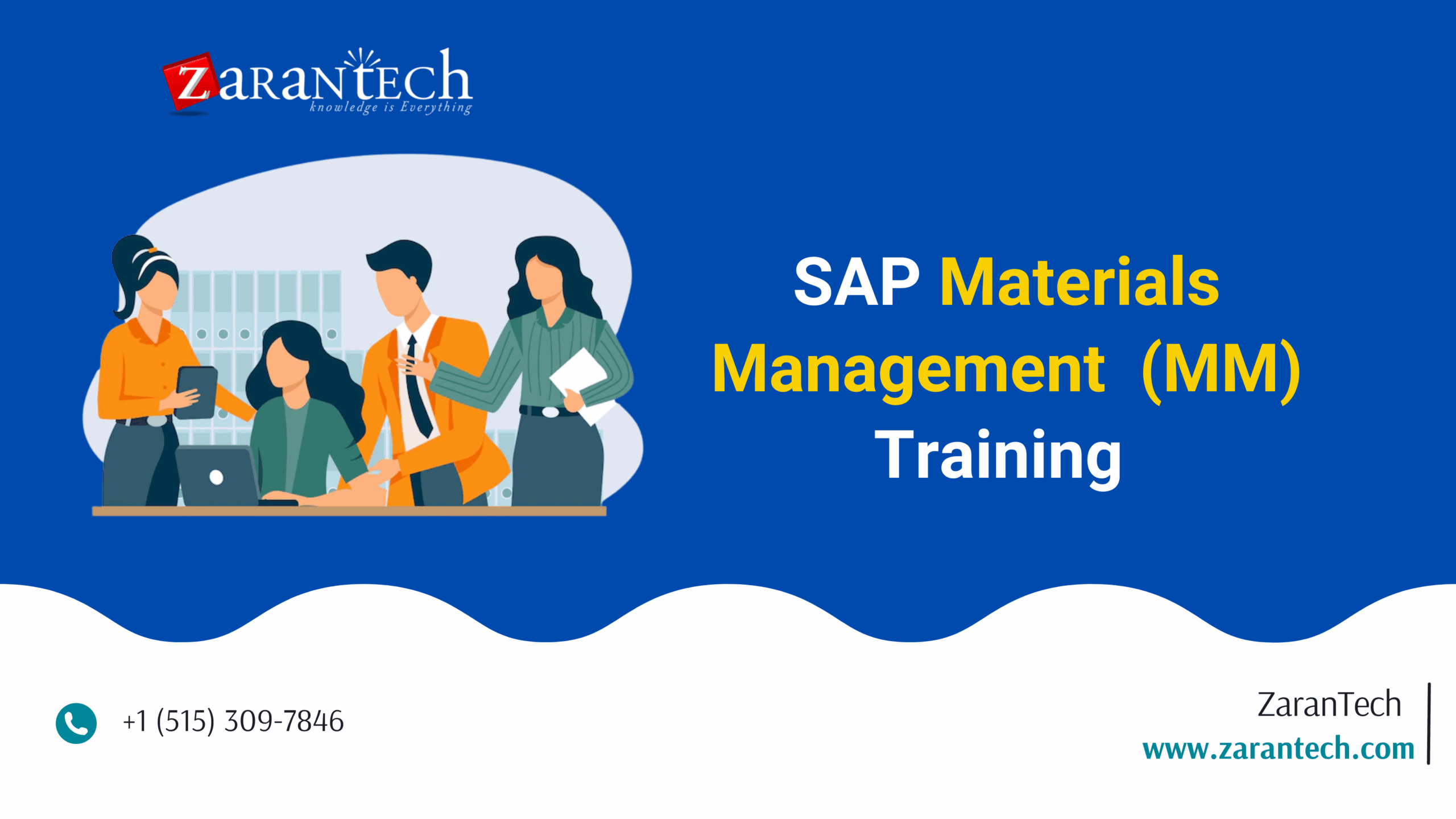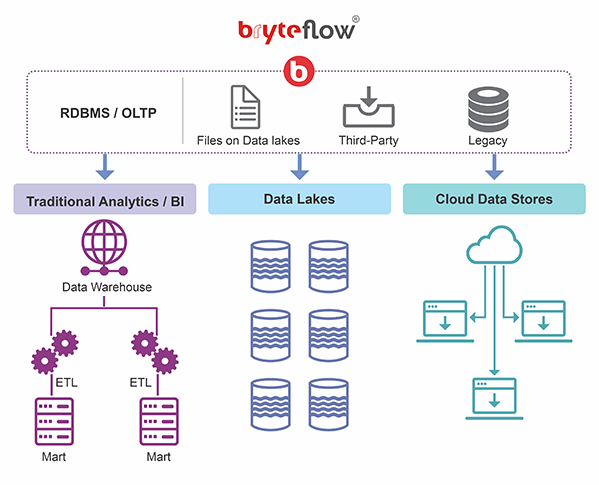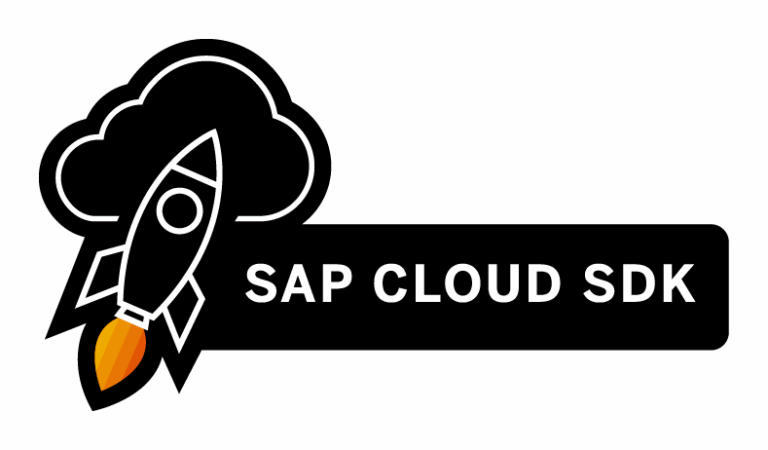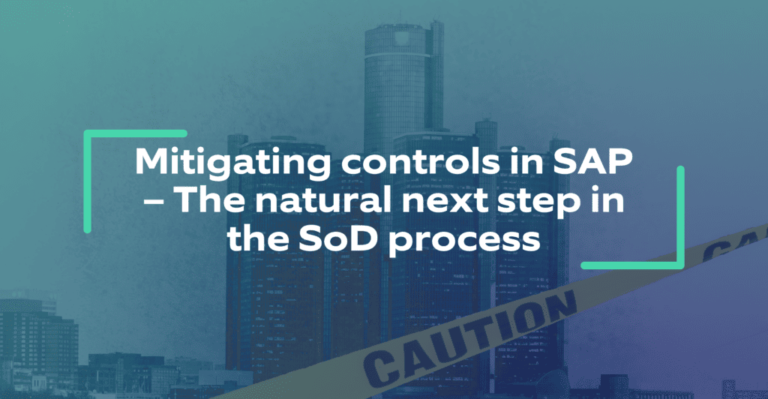SAP ERP MM: Top Benefits, Use Cases, and Best Tools in 2025 Meta
SAP ERP MM (Materials Management) is a critical component of SAP’s Enterprise Resource Planning system. It’s designed to streamline procurement, inventory control, and warehouse operations within enterprises. As the demand for automation and smart logistics rises, SAP MM becomes increasingly vital for businesses managing supply chain operations. This guide explores what SAP ERP MM is, its features, benefits, real-world tools, use cases, and how to get started in 2025.
What is SAP ERP MM?
SAP ERP MM is a module within SAP ERP systems that manages materials, inventory, and procurement processes. It integrates with other core modules such as SAP SD (Sales and Distribution), SAP FI (Financial Accounting), and SAP PP (Production Planning), ensuring seamless supply chain operations.
It covers processes such as purchasing, goods receipt, material storage, and invoice verification. Its goal is to ensure that materials are available in the right quantity, at the right time, and at the lowest cost.
Key Features of SAP ERP MM
Streamlined Procurement
SAP MM automates procurement activities, from requisitioning to payment. Businesses can create and manage purchase orders, request quotations from suppliers, and ensure materials are received and paid for accurately. This helps avoid manual errors and ensures policy compliance.
It also supports special procurement processes like consignment, subcontracting, and stock transfer, providing flexibility for different business models.
Real-Time Inventory Management
SAP MM enables companies to track stock in real time. It manages goods movements like stock transfers, issues, and receipts. With this data, businesses can avoid both overstocking and stock-outs.
Inventory can be tracked by storage location, plant, and batch, making it easier for companies to manage multi-location warehousing efficiently.
Integration with Other SAP Modules
SAP MM works closely with finance, production, and sales modules, providing a holistic view of business operations. For example, when goods are received, financial entries are automatically posted, and the stock is updated.
This integration reduces redundancies and keeps business data synchronized across all departments.
Benefits of Using SAP ERP MM
Increased Operational Efficiency
By automating key procurement and inventory tasks, SAP MM reduces the need for manual intervention. This helps businesses cut costs, speed up processes, and reduce human error.
Purchasing cycles are shortened, and approvals can be routed through configurable workflows, making it easier to manage compliance.
Improved Transparency and Control
With centralized master data and real-time reporting, businesses gain full visibility into their supply chain. This enables better decision-making and faster response to supply and demand fluctuations.
Additionally, SAP MM supports audit trails and approval processes, ensuring accountability across departments.
Enhanced Vendor Management
SAP MM allows businesses to maintain detailed vendor data and track performance metrics. This supports better negotiation and strengthens vendor relationships through improved communication and performance tracking.
Vendor evaluation tools allow procurement teams to assess suppliers based on price, quality, delivery, and service.
Top SAP ERP MM-Based Products in 2025
Insert image of the product
SAP S/4HANA Materials Management
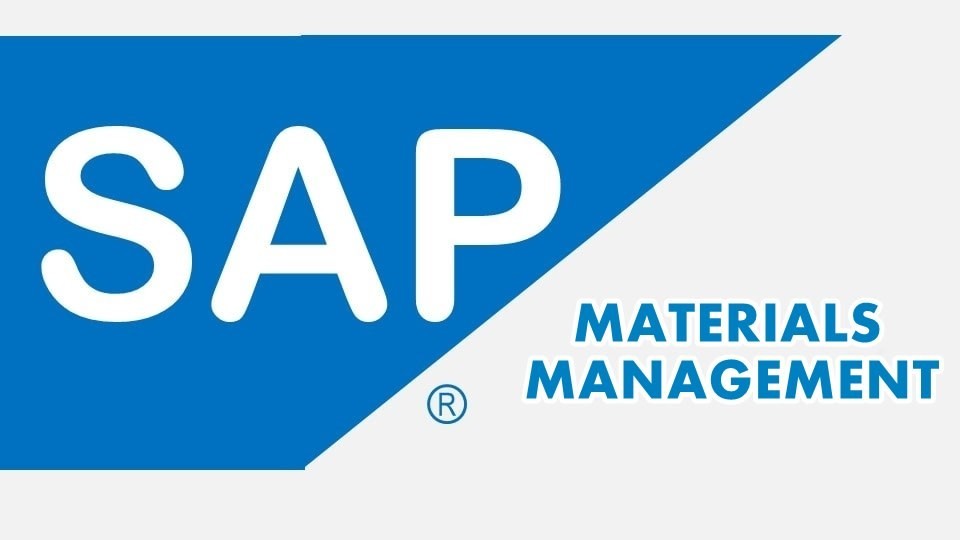
SAP S/4HANA is the next-gen ERP suite that powers the MM module with real-time analytics and an intuitive user interface. It leverages the in-memory HANA database for faster data processing.
Product details: S/4HANA MM includes procurement, consumption-based planning, inventory, and invoice verification. Businesses benefit from AI-enabled procurement decisions and predictive analytics that allow for smarter purchasing strategies.
SAP Ariba
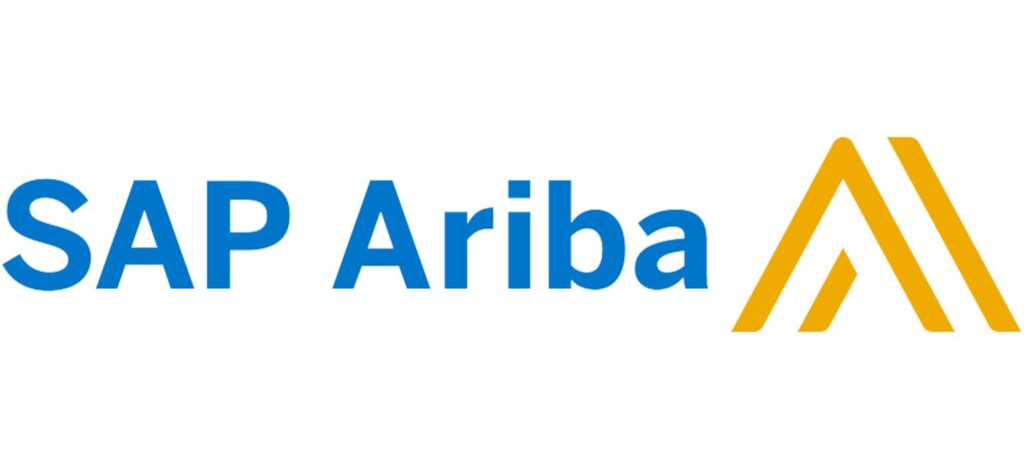
SAP Ariba enhances SAP MM by connecting buyers and suppliers through a global business network. It offers cloud-based procurement and supplier management solutions.
Product details: Ariba supports spend analysis, contract lifecycle management, and supplier risk mitigation. Integrated with SAP MM, it provides a complete source-to-pay process that improves compliance and cost control.
OpenSAP MM Training
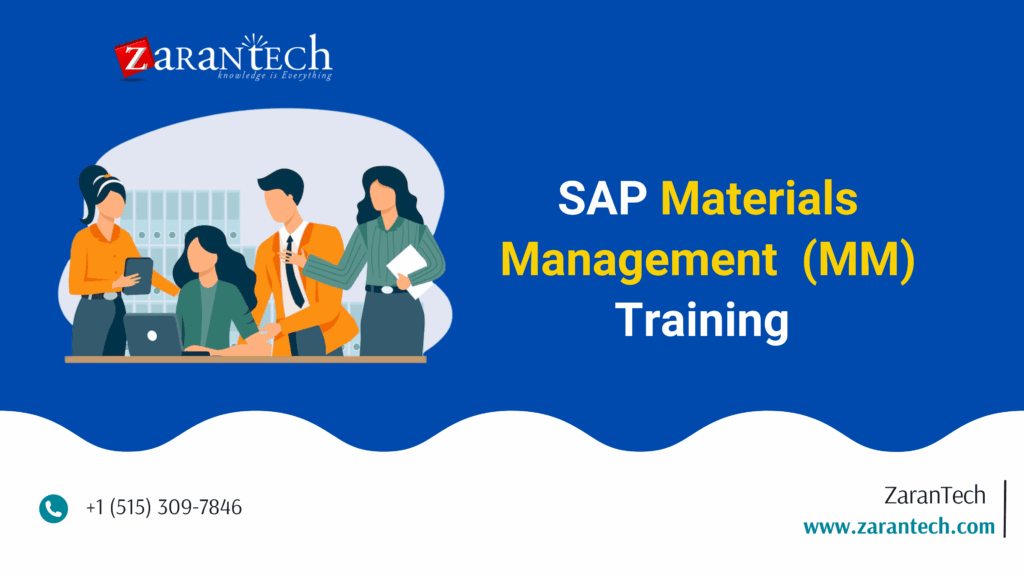
OpenSAP offers a free course to help professionals understand the fundamentals of SAP MM. This training includes video lectures, quizzes, and hands-on practice.
Product details: Ideal for beginners and intermediate users, it covers purchase order creation, material master records, and invoice verification. A strong entry point for those planning to work with SAP MM professionally.
Michael Management SAP MM Training
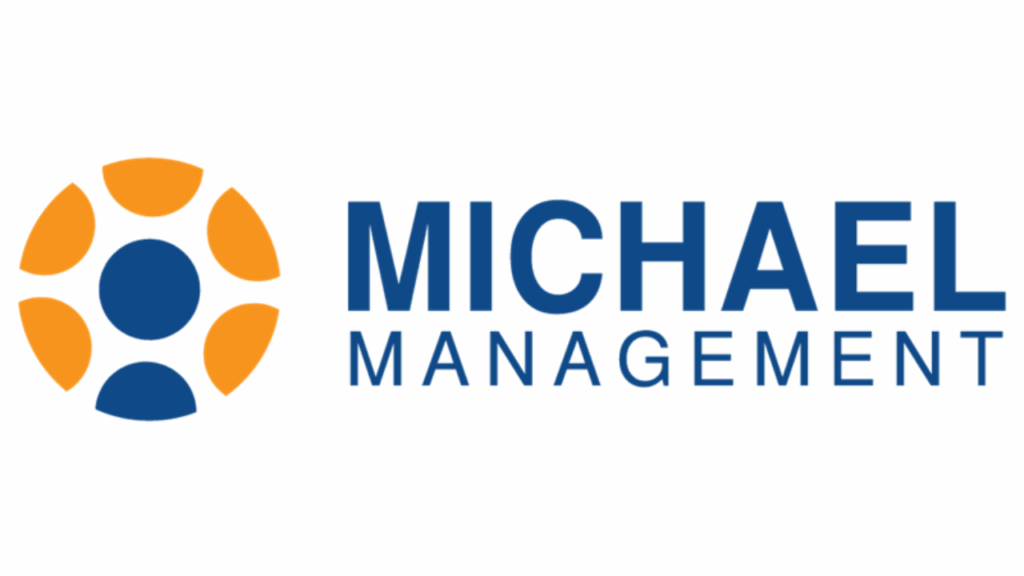
This paid training program offers advanced modules, simulations, and certification prep tailored for consultants and corporate users.
Product details: The course covers advanced purchasing scenarios, automatic account determination, and integration with SAP Fiori. It’s well-suited for professionals aiming for SAP MM certification or project roles.
SAP Fiori Apps for MM
SAP Fiori provides modern, user-friendly apps for managing procurement and inventory within SAP MM. These apps run across devices, making SAP MM more accessible.
Product details: Apps include “Create Purchase Requisition,” “Track Purchase Orders,” and “Manage Stock.” These tools reduce training time and boost adoption by offering a clean, intuitive experience.
Use Cases of SAP ERP MM
Manufacturing
In manufacturing, SAP MM helps manage raw material procurement, align supply with production schedules, and reduce waste. With real-time tracking, manufacturers can minimize downtime and meet production deadlines more efficiently.
It also supports batch management and quality inspections, which are essential for industries with compliance requirements.
Retail and Wholesale
Retailers use SAP MM to manage inventory across stores and warehouses. Automated replenishment, fast vendor integration, and stock visibility help reduce shrinkage and improve customer satisfaction.
The system can handle seasonal demand shifts and helps retailers optimize pricing based on procurement trends.
Pharmaceuticals
SAP MM is essential in pharmaceutical logistics for tracking sensitive materials, maintaining batch records, and complying with health regulations. It supports expiry date management and traceability of raw materials to the end product.
This reduces the risk of regulatory penalties and ensures product safety.
Energy and Utilities
Companies in the energy sector use SAP MM to manage tools, spare parts, and technical materials needed for maintenance operations. It ensures materials are available for planned and unplanned maintenance.
Integration with asset management systems enables smoother field operations and reduces equipment downtime.
How to Buy SAP ERP MM
To implement SAP ERP MM or get training for it, you can follow these recommended options:
Official SAP ERP Solutions:
SAP S/4HANA ERP – Official Site
SAP Training Courses:
Free SAP MM Training – OpenSAP
Advanced SAP MM Training – Michael Management
Procurement Platforms:
SAP Ariba Cloud Solutions – SAP Store
Frequently Asked Questions
What is SAP ERP MM used for?
SAP MM is used to manage procurement and inventory activities. It automates the supply chain and integrates with other ERP modules to enhance operational efficiency.
Who should use SAP MM?
SAP MM is ideal for companies involved in manufacturing, retail, logistics, and any business that needs to manage materials, vendors, and inventory effectively.
Can I learn SAP MM without coding?
Yes. SAP MM is primarily configuration-based and doesn’t require coding skills. Many roles involve using the interface for purchasing and inventory tasks without programming.

